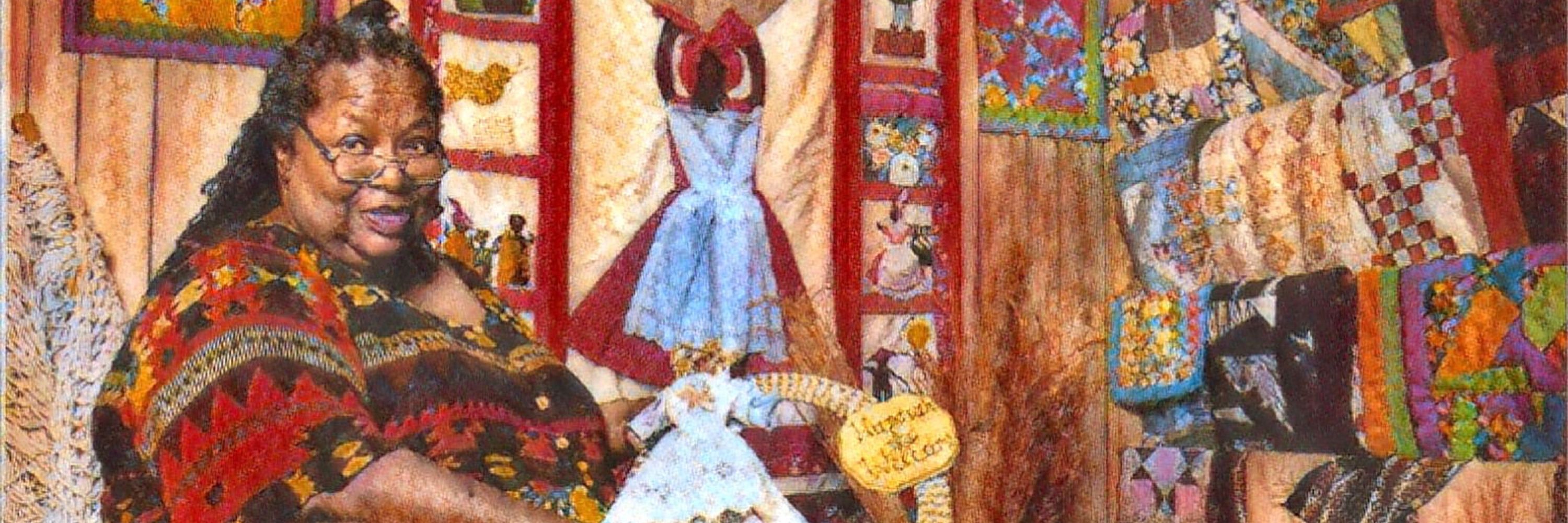
Sources:
time.com/6727306/blac...
youtu.be/SE34K88LUek?...
ir.vanderbilt.edu/items/720085...
musc.libguides.com/c.php?g=7870...
Sources:
time.com/6727306/blac...
youtu.be/SE34K88LUek?...
ir.vanderbilt.edu/items/720085...
musc.libguides.com/c.php?g=7870...
podcasts.apple.com/us/podcast/s...

podcasts.apple.com/us/podcast/s...








